- 1 hour ago
- EU Referendum
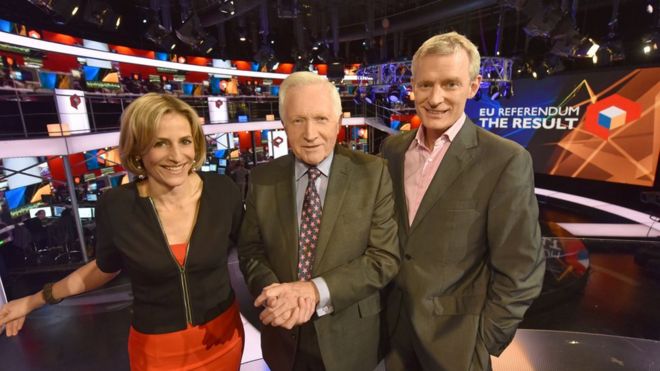
Thursday is polling day in the UK's EU referendum. Here's what to watch out for as events unfold.
First things first: How to vote
Polls open at 07:00 BST and close at 22:00 BST.
Any voter who arrives to vote at a polling station before 22:00 BST will be able to vote. There is no need to bring your polling card when you go to vote, but in Northern Ireland, you have to take a form of photo ID.
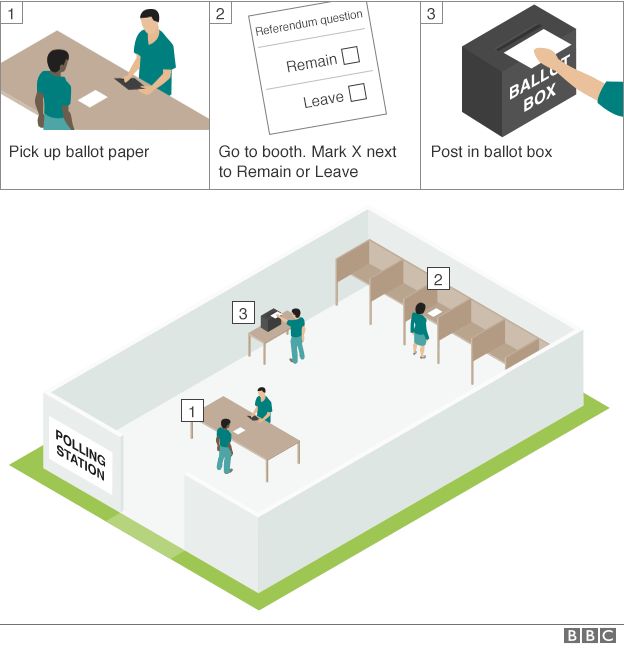
Postal votes need to be returned to your local electoral registration office by 22:00 BST or, in England Wales and Scotland but not Northern Ireland, they can be taken to your polling station on the day. In England, Scotland and Wales, if you are suddenly incapacitated or taken ill on polling day, you can apply for an emergency proxy up until 17:00 BST.
What happens next?
After polls close at 22:00 BST, sealed ballot boxes will be collected and transported to the count venue for each of the 382 local counting areas.
These represent all 380 local government area in England, Scotland and Wales, plus one each for Northern Ireland and Gibraltar.
Individual areas' results will then be declared throughout the night, along with regional results from 11 regional counts.
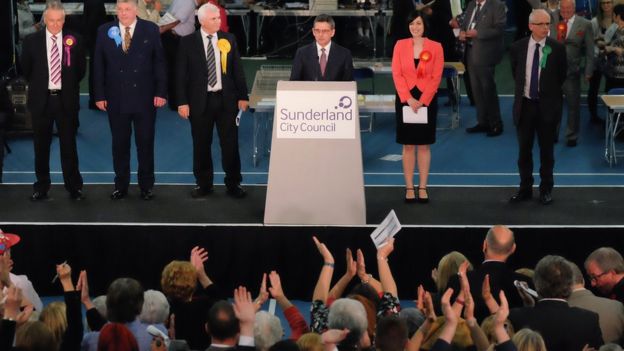 GETTY IMAGES
GETTY IMAGES
Although the results are declared by local authority area, a referendum is different to a general election in that every individual vote across the UK counts equally towards the final result.
According to the Electoral Commission's estimated timings [downloadable file], Sunderland and the London borough of Wandsworth are expected to be among the first counts to be completed, at around 00:30 BST.
Local counting areas vary from Birmingham (nearly 700,000 eligible voters) to the Isles of Scilly (about 1,700) so the amount of time spent counting will vary widely.
Follow the action on the BBC
Here's a reminder of how the BBC reports EU referendum polling day.
BBC One, the BBC News Channel and BBC Parliament will broadcast a results show hosted by David Dimbleby alongside BBC experts and special guests from 21:55 BST. Coverage continues throughout the night and Sophie Raworth, Andrew Neil and Victoria Derbyshire pick up the coverage on Friday morning.
BBC Radio 5 Live will have live coverage as the results come in, as will Radio 4 from 23:00 BST until the Today programme picks up at 06:00 BST on Friday.
There will also be comprehensive coverage online with rolling text and video updates, results as they happen plus reaction and analysis from BBC editors and others.
When will we know the result?
It's hard to be certain how things will pan out, as this is only the third UK-wide referendum and there are notable differences with the previous two.
Depending on how close the poll is, the result may become clear before the final national result is officially declared by the Chief Counting Officer, who will be based at Manchester Town Hall.
The Electoral Commission estimates a final result "around breakfast time" on Friday.
Once the final result has been declared, a breakdown of the results will be released on a local and regional level.
EU Referendum
The UK's EU vote: All you need to know
- 22 June 2016
- UK Politics
Issue-by-issue: What both sides claim
- 29 April 2016
- EU Referendum
How to vote on polling day
- 22 June 2016
- EU Referendum

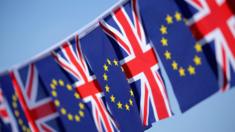
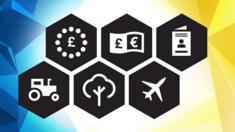
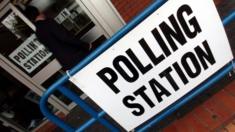
No comments:
Post a Comment